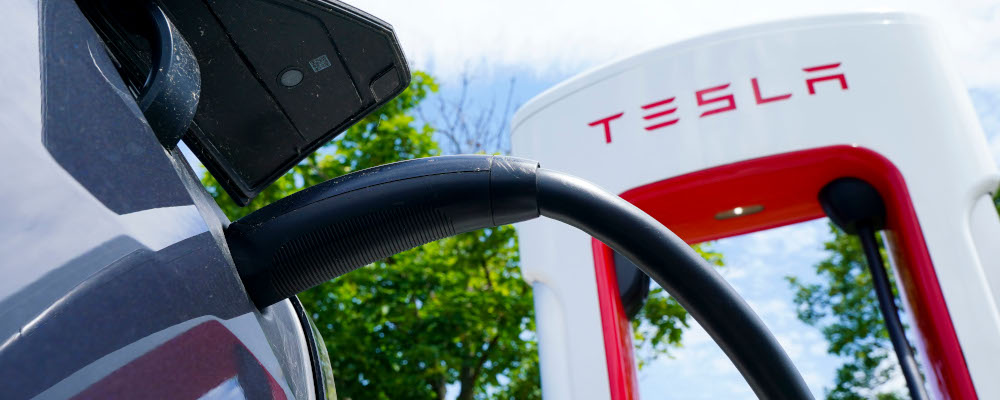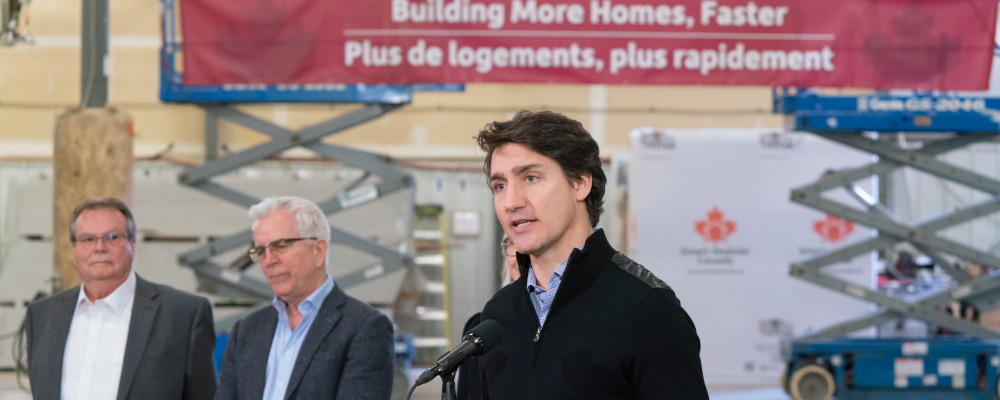This week saw Hub readers discussing the dying dream of Canadian homeownership (and how it should be revived), Conservative Leader Pierre Poilievre’s surging popularity, rising crime in Canada, and our electrical grid problem, among many other topics.
The goal of Hub Forum is to bring the impressive knowledge and experience of The Hub community to the fore and to foster open dialogue and the competition of differing ideas in a respectful and productive manner. Here are some of the most interesting comments from this past week.
Sign up for our daily Hub Forum email newsletter today.

It’s time for Canada to seize Russian assets
Monday, March 18, 2024
“Ukrainians are being bombarded in their homes on a daily basis and soldiers are dying on the front without sufficient means to defend themselves. They need all the help they can get.”
— Lynda Thivierge
“I like both the idea of Canada taking the lead and the obvious justice of using Russian money to begin to compensate for the non-human destruction inflicted on Ukraine. The justice for the utterly immoral human destruction should take place in the Hague, hopefully after a Russian defeat.
Other than the illegality in relevant countries, which can be remedied with legislation as Canada has done, I don’t understand the nuance of why there is resistance to taking this step.”
— Paul Attics
The Canadian dream of homeownership is dying
Tuesday, March 19, 2024
“Our country faces a fundamental problem of lack of growth in wealth. Our economy is stagnant. Businesses are not investing in Canada. Without economic growth, the free market doesn’t work well. Government interventions are rarely helpful, often hurting real investment. I’m afraid we need to get back to basics.”
— Al Raftis
“The Canadian economy has obviously suffered while home ownership, the traditional foundation of our society and economy, has been eviscerated.”
— John Hartley
“Some people need to be able to buy within a few years, but even more need confidence that it’s worth saving and working towards. Young people can see that governments are restricting the supply of housing (mostly houses and townhouses) that people actually want with no apparent plans to stop doing that and that, when push comes to shove, housing affordability is likely going to continue to be put second to other goals like population growth.”
— Valerie
Poilievre’s popularity is surging—his working-class appeal is a key reason why
Wednesday, March 20, 2024
“The reason Pierre Poilievre is so popular is that he is saying what the vast majority of Canadians feel. We must get our spending under control.”
— Kim Morton
“I suppose your definition fits the dictionary definition of ‘working class.’ However, I would suggest that most people, maybe as you suggest as well, see it as those who work to survive either to just get by or to at least not have to ask for help from the government. This definition would include way more than 6.5 million Canadians and would explain the polls.”
— Sandra
Canada’s crime problem is only getting worse
Thursday, March 21, 2024
“Improvements to law enforcement coordination are a must. Not only to catch the ‘big fish’ but because, if most cars are retrieved, the financial incentive to steal them for export diminishes. If, as implied in the article, low-risk offenders are in jail awaiting trial while repeat offenders accused of violent offences are out on bail, then that needs to be fixed and fast.”
— Gordon Edwards
“Part of the problem lies with the car manufacturers making cars more difficult to steal and this costs the manufacturers money to develop technologies and integrate them into the building of the vehicle. Many high-end cars use keyless fobs which can be hacked fairly easily by professional auto thieves. The insurance industry is also pressuring manufacturers to make cars more resilient to theft.”
— Michael F

Our electrical grid can’t handle the coming demands
Friday, March 22, 2024
“Electrifying Canada’s 26+ million registered vehicle fleet by 2050, in addition to the almost 300 million in the U.S., over 300 million in China, and another 250 million in the EU, will require far more crucial battery minerals and REEs than the world’s current reserves. EV batteries come with high, upfront, carbon footprints and environmental degradation due to the mining and processing of those minerals.”
— Michael B
“Our current generating capacity is far below what will be needed to supply future demands that Trudeau’s policies will create. Wind and solar are not the solution, as electricity is a demand commodity. “
— Greg Jackson
“Today we design grids—generation and transmission—which must be able to address the peak demands we anticipate for the coldest hour of the coldest day and the hottest hour of the hottest day, for the next few years, plus a safety margin. But our electricity demand is usually quite a bit lower than those peak times, and in fact, if you look at most jurisdictions the capacity is about twice the actual consumption over the year.
That’s inefficient and expensive, and one of the reasons we are now looking to smarter grids, smarter appliances, storage, and other ways of better-distributing demand towards off-peak times.
Electric vehicles already come with this advantage. Most charging (over 70 percent) is fine at home, and most of that is done overnight during times of low demand. So, as with time shifting, while consuming more power generation, the nighttime portion of that does not necessarily require more capacity.
It is easy to paint all of this transition as unachievable, or requiring that’s what was said about phasing out coal power, until jurisdictions like Ontario, the U.K., and now Canada as a whole showed it can be done in about a dozen years when the political will to do so exists.”
— Rick Anderson




